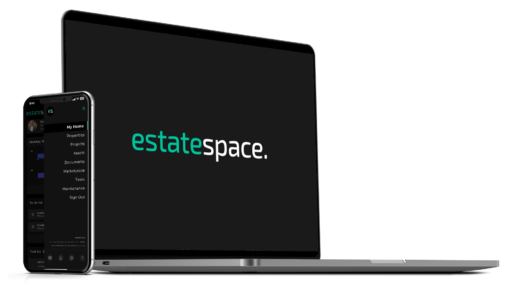As we rang in 2020, few could have predicted the upheaval and chaos that would soon erupt throughout the world. Many of us are feeling the effects of prolonged fear over our own health and that of those close to us. Not to mention the stress of economic uncertainty. There are some, however, who believe that within this crisis are unprecedented opportunities to uplevel the way we live, interact with each other, and do business. In order to do so, we must build what our partners at Red Five refer to as “community resiliency,” which they contend is based on five core pillars.
- Mindset: as mentioned above, there are many innovators with the forward-thinking perspective needed to create the “new normal” we would like to see in the world.
- Skills: The speed and innovation with which people and institutions around the globe have come together to treat the sick, provide everyday services and develop a vaccine are truly astounding. Of course, this comes with a hefty price tag that goes far beyond what governments can do. To fill the gap, all eyes have turned to private investors and their collective $158 trillion dollars.
- Relationships: Private investors have a long, symbiotic relationship with society as a whole, giving back to it in ways that not only ease global problems but foster advancements in the arts and sciences. In 2018 alone, the twenty wealthiest Americans donated $8.7 billion to charitable organizations. The fifty wealthiest have already donated a total of $1 billion to combatting the coronavirus.
- Awareness: With regard to charitable giving. To continue contributing to pandemic efforts in a sustainable way, private investors must have greater clarity around their own financial health.
- Fitness: A recent Luxembourg Times article referred to these investors as “Too Big to Fail,” a term that strikes fear in the heart of anyone who lived through the Great Recession and implies a certain lack of knowledge of what’s really going on behind the scenes.
Typically, wealthy individuals and families have relied primarily on their financial advisors; however, the fluidity of this crisis has necessitated a different way moving forward. This includes transitioning to a digital asset management solution that empowers them to keep track of and manage their own wealth. As stated in the article:
…it may be expected that the private investors’ concerns regarding asset exposure to regions particularly affected by the current pandemic will increase. In this context, it is crucial for family offices to make great use of technology to allow a real-time monitoring of either transactions made by portfolio managers or potential risks within the corporate holding structure, for example. This would contribute to improve the private investors’ experience by giving access to the most relevant information, faster and better than ever before.
Technology has been our saving grace during the pandemic, allowing millions to continue communicating and delivering goods and services. For private investors, transitioning to a digital asset management solution for wealth management will allow them to protect themselves and continue acting as a force for good in the world. For more information, visit EstateSpace today.





